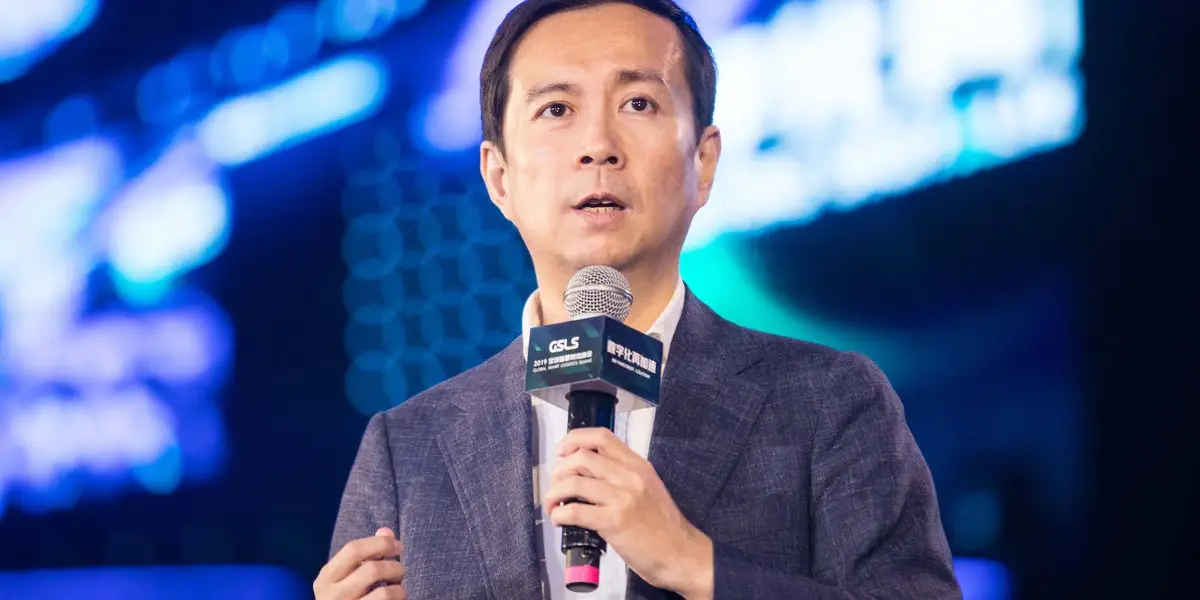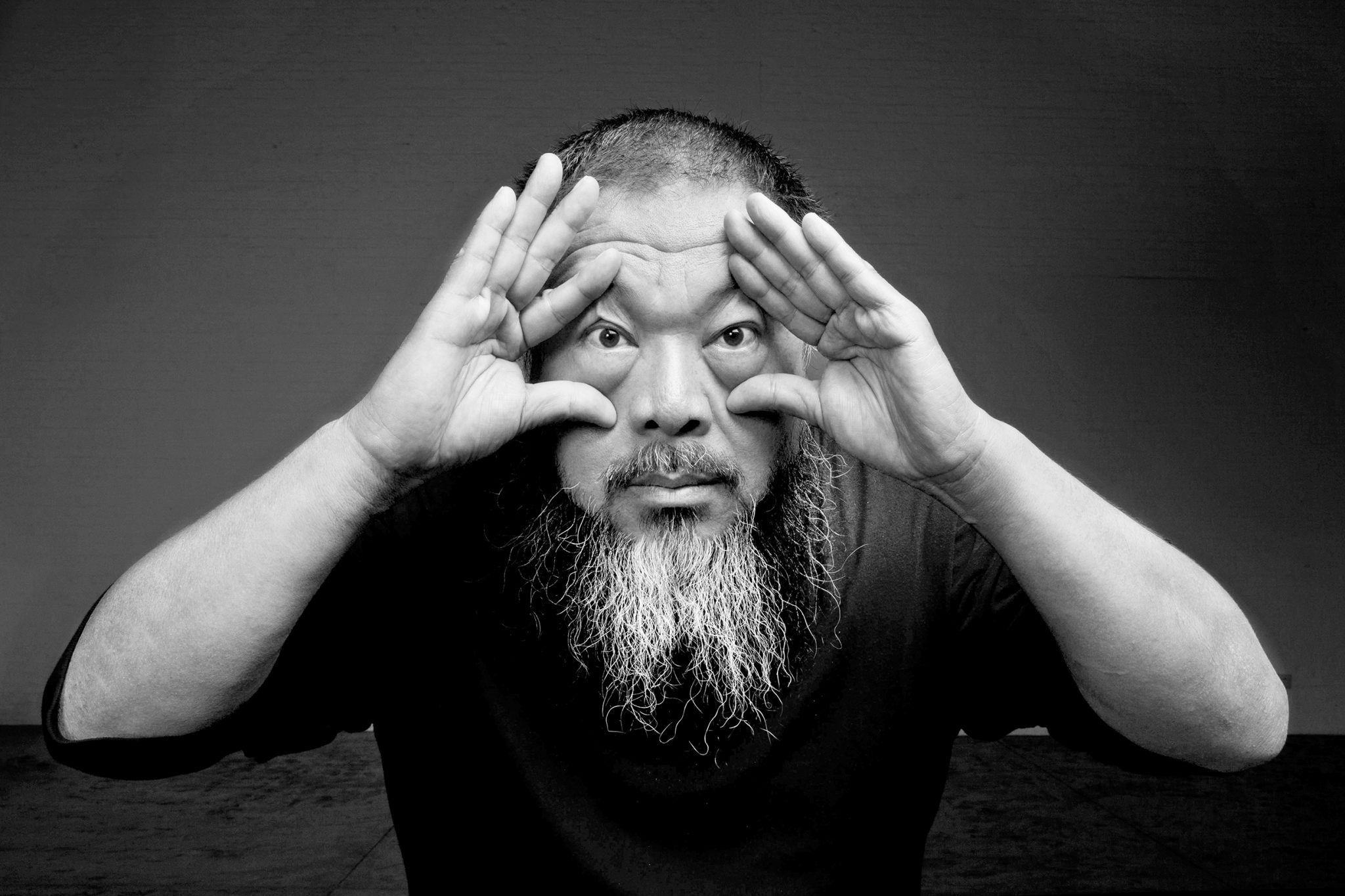K-pop powers Busan’s tourism boom past 1 million in 2025
Busan tourism has soared past 1 million international visitors in 2025, riding a wave of K-pop fandom and culture-driven events. The milestone confirms the city’s transformation from a traditional port to a vibrant cultural hub—and one of Asia’s most dynamic travel destinations.
Fueled by fan conventions, live concerts, and immersive pop-culture campaigns, Busan’s strategy to brand itself as South Korea’s cultural coast is delivering real results.
From port city to pop culture magnet
Once known mainly for its industrial ports and seafood markets, Busan has reinvented itself. Over the past ten years, it has shifted toward culture-focused tourism. South Korea’s second-largest city now hosts festivals, concerts, and creative showcases that attract global attention.
A turning point came in 2022, when BTS member Jin held his farewell concert in Busan. The event drew over 50,000 fans, igniting interest in the city’s potential as a K-pop travel hub.
Since then, the Busan Metropolitan Government—with support from the Ministry of Culture, Sports and Tourism—has doubled down on investment. Large-scale music events, fan zones, and international content expos have helped cement Busan’s pop-cultural brand.
Pop tourism and immersive campaigns
Busan’s rise to over 1 million foreign visitors in just six months is no accident. The city launched focused campaigns across Japan, Southeast Asia, and Europe, targeting K-pop fans with concert packages, fan meetups, and cultural immersion tours.
In collaboration with platforms like Visit Korea, Busan also played a central role in the Hallyu Tourism campaign. This effort sought to turn global entertainment fans into real-world tourists through tailored experiences.
Local districts such as Seomyeon and Haeundae were also redesigned. Now, they feature K-pop-themed zones that combine music, fashion, and Korean cuisine in walkable tourist experiences.
According to Visit Korea, Busan’s international arrivals are up 36% year-on-year, surpassing other regional hotspots in 2025.
Busan rewrites the tourism playbook
Busan’s success illustrates a broader trend. Instead of promoting beaches or temples, cities are now selling identity and experience. This cultural turn in tourism favors destinations that connect emotionally with travelers—especially fans.
By aligning urban planning with pop culture, Busan has transformed fandom into footfall. Unlike Seoul, which already dominates the travel map, Busan’s appeal lies in its fresh narrative—one rooted in music, youth, and local authenticity.
This strategy also creates a regional balance. As Seoul handles mass tourism, Busan provides a specialized, culture-first option that spreads economic benefits more evenly.
A global city shaped by culture
Looking ahead, Busan is aiming even higher. It plans to host major global events, including a potential bid for the 2030 World Expo. At the same time, the city is expanding its cruise port offerings and developing a K-pop convention complex slated for completion by 2027.
This momentum may influence other secondary cities across Asia, which are looking to define themselves outside of traditional tourism routes. Places like Fukuoka, Penang, or Kaohsiung could follow Busan’s example—blending local identity with global pop culture to attract new audiences.
In today’s saturated travel market, being distinct may matter more than being big.
K-pop transforms Busan into a tourism powerhouse
Reaching 1 million foreign visitors by mid-2025, Busan has emerged as a serious global travel contender. More than just concerts, the city offers a blueprint for how pop culture can reshape tourism economies.
Through music, storytelling, and urban reinvention, Busan has rewritten its future. As the world tunes in to Korean culture, this coastal city has proven it’s not just following the trend—it’s helping lead it.














